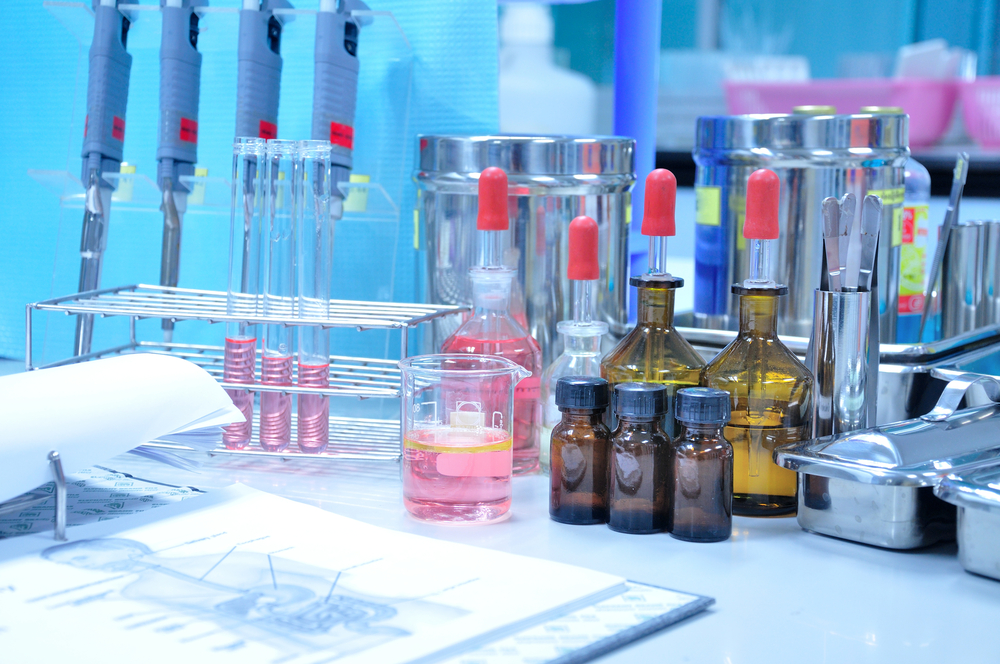Sanofi and Regeneron Pharmaceuticals recently announced their Phase 3 clinical trial met its primary endpoint: Sarilumab was superior to adalimumab (Humira) at Week 24 in improving signs and symptoms in 369 adult patients with active rheumatoid arthritis (RA) who were either intolerant of, or considered inappropriate candidates for, continued treatment with methotrexate (MTX).
Results from the trial also showed that secondary endpoints were met, including other measures of improvements in signs and symptoms of rheumatoid arthritis and physical function.
“In this study, sarilumab monotherapy provided stronger efficacy than adalimumab monotherapy. Adalimumab is one of the most commonly used biologic medicines in rheumatoid arthritis,” Janet van Adelsberg, M.D., senior director of clinical sciences for immunology and inflammation at Regeneron, said in a news release. “This is the first time an IL-6 receptor blocker delivered subcutaneously has demonstrated superiority over adalimumab monotherapy in rheumatoid arthritis.”
In the trial, patients were randomly assigned for subcutaneous sarilumab monotherapy, a human monoclonal antibody against the interleukin-6 receptor (200 mg every two weeks), or for adalimumab monotherapy (40 mg every two weeks).
“Despite the availability of a wide range of treatment options, we believe that new therapies are needed to further address unmet needs of rheumatoid arthritis patients,” said Dr. Simon Cooper, MBBS vice president and global project head of immunology and inflammation at Sanofi. “These data suggest that sarilumab, if approved, may be an option for patients unable to tolerate or take methotrexate, and we look forward to sharing further details at an upcoming medical congress.”
In addition to the significant superiority of sarilumab monotherapy over adalimumab monotherapy, the trial also met its secondary endpoints: Patients achieved a 20 percent improvement in the American College of Rheumatology (ACR) criteria (72 percent for sarilumab compared to 58 percent for adalimumab), and improvement in quality of life (as assessed by patient-reported outcome questionnaires).
In terms of safety and tolerability (including immunogenicity) throughout the clinical trial, the results showed that the incidence of adverse events was 64 percent for both groups. The incidence of serious adverse events was 5 percent for sarilumab and 7 percent for adalimumab. The incidence of infections was 29 percent for sarilumab and 28 percent for adalimumab. In terms of serious infections, the incidence was 1 percent for both groups.
Neutropenia was not associated with infections and was observed in 14 percent of patients who received sarilumab and in 1 percent of patients who received adalimumab. Injection site erythema occurred in 85 of the patients who received sarilumab and in 35 of the patients who received adalimumab.


